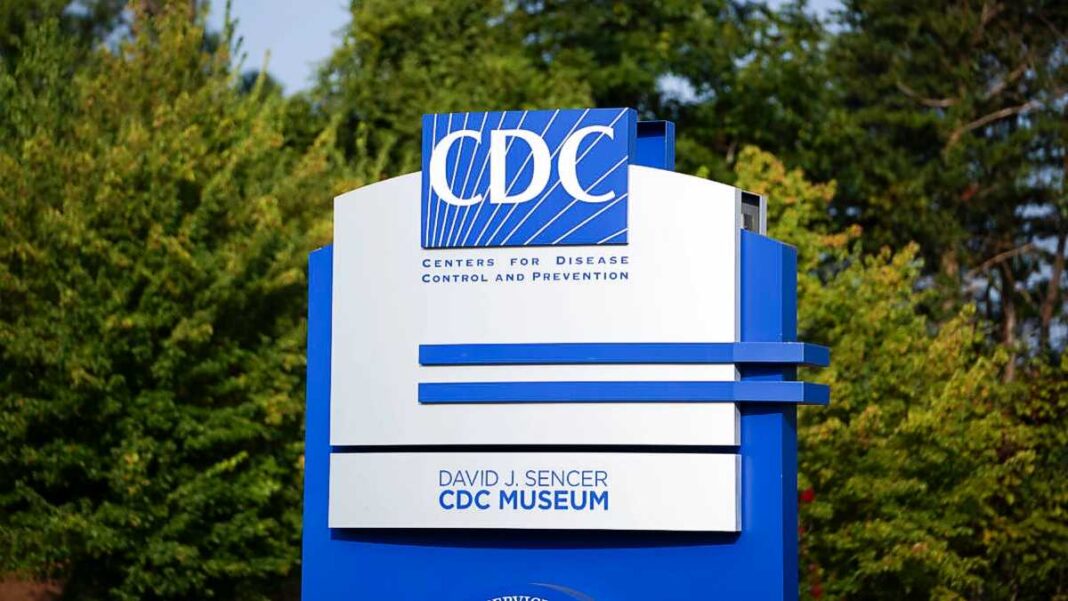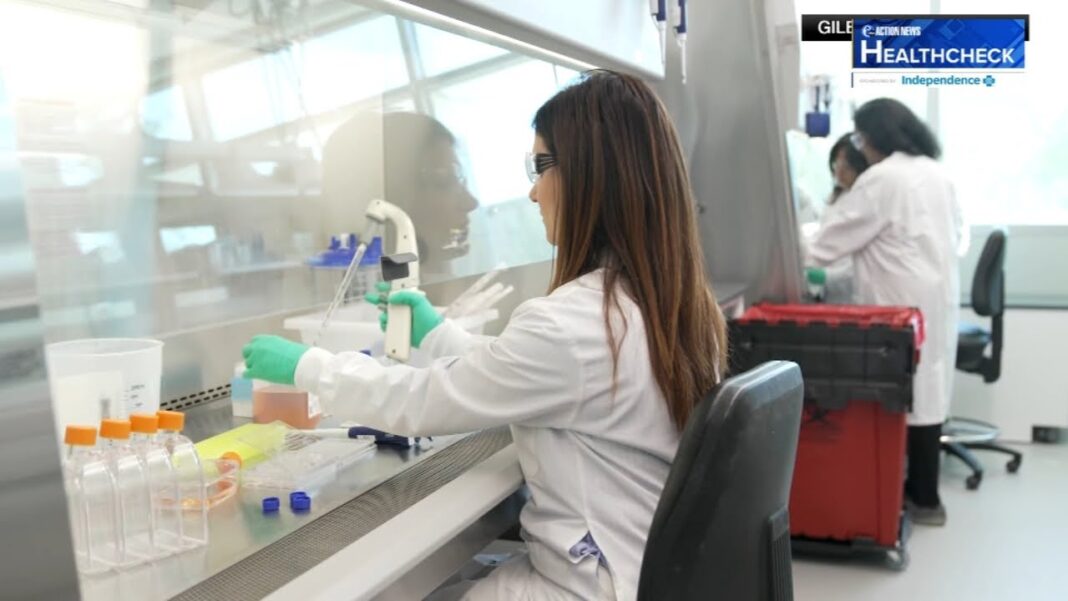Multiple members cast votes despite receiving or recently receiving funds from pharmaceutical companies affected by the votes.
Multiple people who until early June served on a federal vaccine advisory committee cast votes on vaccines despite receiving or recently receiving money from pharmaceutical companies that stood to be affected by the votes, according to an Epoch Times review.
Dr. Helen Y. Chu, a professor of medicine and allergy and infectious diseases at the University of Washington, reported throughout 2024 receiving funds from Merck, among other pharmaceutical companies. In October 2024, in her first meeting as a member of the Advisory Committee on Immunization Practices (ACIP), Chu voted in favor of expanding recommendations for vaccination against pneumococcal disease.
Merck manufactures multiple pneumococcal conjugate vaccines.
Chu did not submit any conflict of interest disclosures for the meeting, according to a CDC database.
ACIP advises the Centers for Disease Control and Prevention on vaccines. Members “are required to declare any potential conflicts of interest that arise in the course of ACIP tenure,” according to the CDC’s website. Members who declare perceived or actual conflicts of interest, the site says, “will be asked to recuse themselves from participating in the discussion and decision-making of the issues relating to that interest.”
ACIP rules state that to be considered for appointment to the panel, potential members must resign from any roles with a vaccine manufacturer, with exceptions for service on data monitoring boards and participation in clinical trials. The rules refer to a federal law that says special government employees such as ACIP members are barred by criminal statute “from participating personally and substantially in an official capacity in any particular matter in which, to his knowledge, he or any other person specified in the statute has a financial interest, if the particular matter will have a direct and predictable effect on that interest.”
Chu has outlined payments from Merck in conflict-of-interest disclosures for numerous studies. In a study published in August 2024, several months before the ACIP vote, Chu reported “consulting with” Merck. In another paper, received by a journal on Nov. 7, 2024—two weeks after the ACIP meeting—she reported “receiving personal fees” from a number of companies and groups, including Merck and Pfizer. In other papers in 2024 and 2025, Chu said she has served on an advisory board for Merck and received advisory board fees.
Chu is listed in another government database, which compiles payment records for physicians, as receiving $3,255 from Merck in 2023 and $4,899 from Merck in 2019, primarily for consulting.
That database has not yet published information for 2024.
Chu did not respond to requests for comment.
Chu and the other 16 ACIP members dismissed by Health Secretary Robert F. Kennedy Jr. earlier in June said in an article published on June 16 that ACIP procedures “have minimized the risk of alleged conflicts of interest and biases” and that “statements about potential conflicts were required during each meeting and before each vote, and members recused themselves from voting if any conflicts were identified.”








